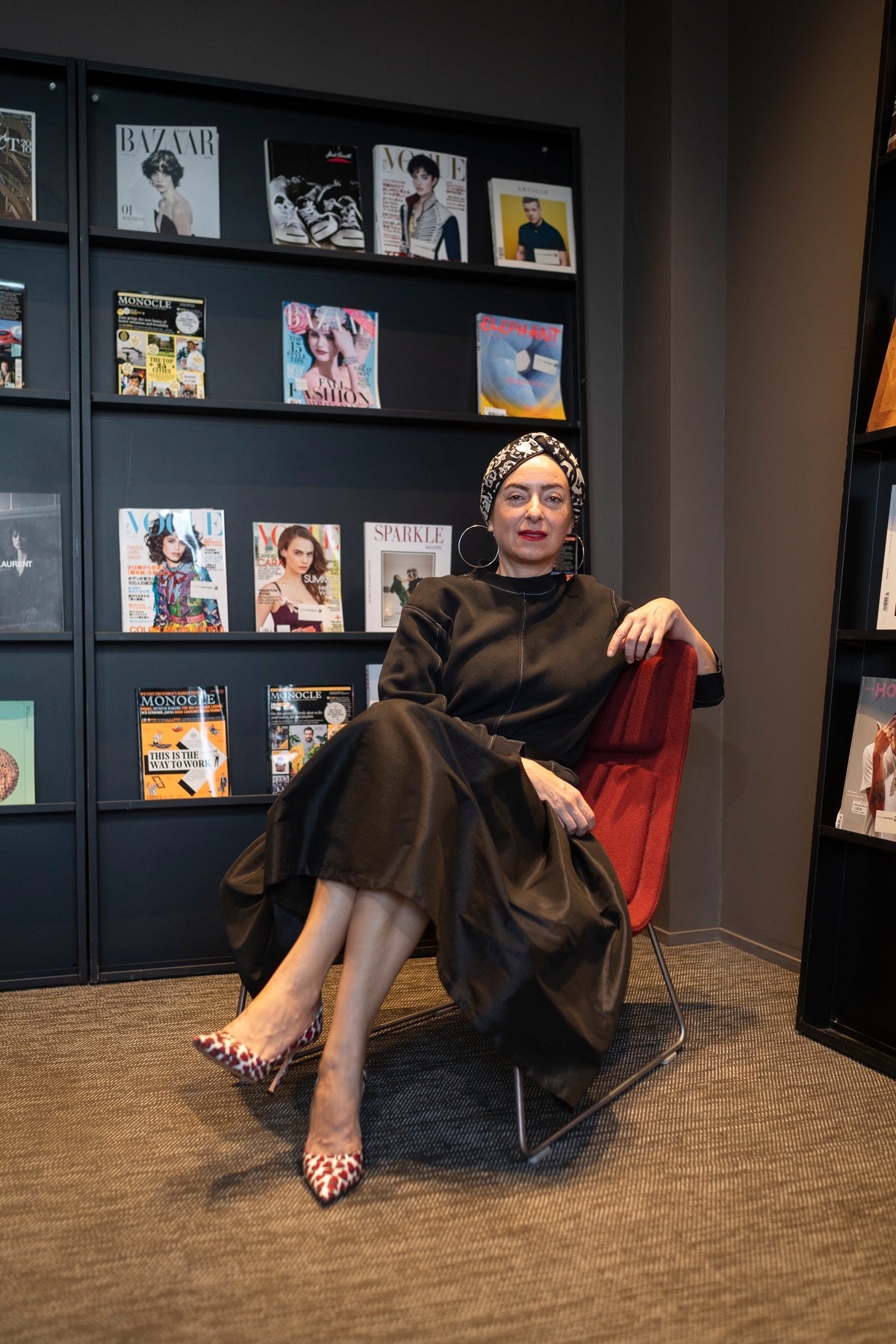MODES: What is the most important, core part of the Istituto Marangoni partnership with MODES?
AR: We have a list of activities that we have done in the past academic year, and we are making important progress. As a career service, one of the most important things for my office and for this partnership is that MODES has lots of our interns. At the moment, they have about four or five in different areas – e-commerce, retail, merchandising, social media, and so on. MODES loves working with international students, and more than 70% of our students in our community are international, which makes for an exceptional match. It’s not always easy in Italy to find an internship as an international student – because of the language, first of all. But MODES are always open. It’s an ongoing collaboration, which also involves event support and educational projects. We added two new degree programs this year, one in omnichannel and the other in e-commerce. MODES’ head buyer came in to work with the students, giving them a specific assignment then providing feedback. Our students then had the opportunity to put these collaborations on their CV, which is very important for their professional path at such an early stage.
MODES: A program focusing on omnichannel for example reflects quite recent industry needs and language. How are you, as an institution, approaching these very fast changes with respect to professional development in fashion?
AR: Because we have active professionals as tutors, our students are engaging in real research for actual brands. Our international student body also means that we have an opportunity to look at platforms outside of Italy and Europe and the US – in China, Africa, and India, for example.



